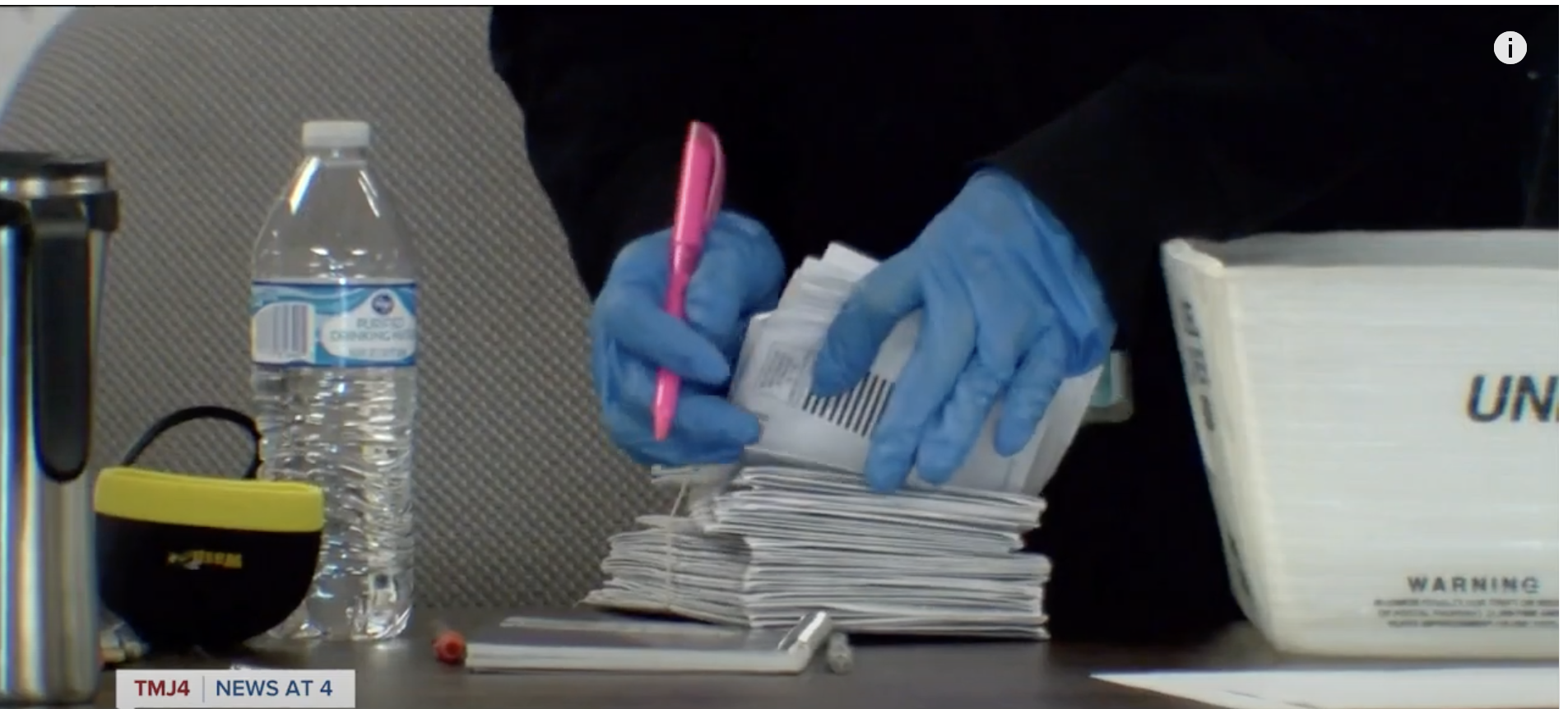House passes rule on second try, Johnson avoids GOP revolt (for now)
The Republican-led House of Representatives made a bold move on Thursday, approving a rule that had previously failed to pass less than 24 hours earlier. This rule had faced opposition from a small group of Republicans who were unhappy with Speaker Mike Johnson’s stance on spending and border security. However, it seems that the revolt has subsided, at least for now.
The resolution that was approved allows for the consideration of three unrelated measures. It received a simple majority, largely along party lines, with only one Republican, Rep. Anna Paulina Luna, voting against it. Rep. Chip Roy chose to vote “present,” and six other GOP members did not vote at all.
Rep. Luna took to social media to express her dissatisfaction with the spending deal that Speaker Johnson had struck with Democrat leaders. She criticized the $1.6 trillion proposal, calling it a “debt bomb” for future Americans. She urged Senate Republicans to prioritize the financial freedom of our children.
In addition to her concerns about spending, Luna demanded the passage of legislation solely focused on border security. She emphasized the need for a stand-alone border bill. Meanwhile, bipartisan Senate negotiators are working on a deal that links border reforms to aid for U.S. allies like Ukraine.
After the resolution was defeated on Wednesday, Speaker Johnson met with the holdouts to address their concerns. Some members indicated that Johnson would back out of his spending deal with Democrats and come up with a new plan. However, the speaker denied making any commitments and stated that conversations were ongoing.
Lawmakers are under pressure to finalize a dozen appropriations bills, keeping the $1.6 trillion topline figure in mind. A government shutdown looms as a two-step continuing resolution passed in November only funds certain federal agencies until January 19. The Democrat-led Senate is preparing another stop-gap measure as a precaution.
The House GOP uprising against leadership on Wednesday was reminiscent of a previous revolt against former Speaker Kevin McCarthy. This revolt resulted in McCarthy losing the gavel. Rep. Roy has not ruled out using the “motion to vacate” mechanism against Speaker Johnson, similar to what happened to McCarthy. He voiced objections to the spending deal and advocated for border security reforms aligned with a sweeping bill passed by the House last year, which Senate Majority Leader Chuck Schumer refuses to consider.
Despite the challenges, Speaker Johnson remains confident and does not believe he is in jeopardy of being vacated. He is focused on his responsibilities and does not dwell on the possibility of facing a similar fate as McCarthy.
What were some of the measures included in the rule that raised concerns among some Republicans?
Ing measures included in the rule. She criticized the lack of fiscal responsibility and argued that the House should focus on reducing the national debt rather than increasing spending. Her defiance stands as a reminder that not all Republicans are in agreement on fiscal matters.
The rule itself raised concerns among some Republicans due to its inclusion of provisions related to border security. Some members felt that the proposed measures did not go far enough in addressing the ongoing issues at the border and were not aligned with their party’s stance on immigration. However, the fact that the rule ultimately passed suggests that the majority of Republicans were willing to compromise in order to move forward with other legislative priorities.
It is not uncommon for rules and measures to face opposition and require revisions before being approved in the House. This process allows different viewpoints to be considered and may lead to modifications that could improve the overall legislation. In this case, the modifications made to the rule were evidently enough to appease the majority of Republicans and secure its passage.
It is worth noting, however, that the approval of this rule does not guarantee the success of the unrelated measures it allows for consideration. Separate votes will still need to be held on each individual measure, and their fate remains uncertain. This rule merely paves the way for further debate and decision-making.
The ability of the Republican-led House to navigate these internal disagreements and ultimately pass the rule demonstrates a certain level of unity within the party. While disagreements are to be expected in any political entity, it is essential to find common ground in order to achieve legislative goals and address the needs of the American people.
This recent development also highlights the significant challenges faced by Republican leadership in maintaining party unity while also accommodating varying viewpoints. The fact that this rule passed with only one Republican dissenting vote and one member voting “present” suggests that the party is capable of finding consensus even when faced with opposition from within its own ranks.
In conclusion, the approval of this rule by the Republican-led House of Representatives signifies a significant step forward in addressing legislative priorities. Despite initial opposition, the majority of Republicans were able to find common ground and secure its passage. This development underscores the importance of compromise and unity within the party, while also acknowledging the ongoing challenges faced in maintaining party cohesion.
" Conservative News Daily does not always share or support the views and opinions expressed here; they are just those of the writer."





